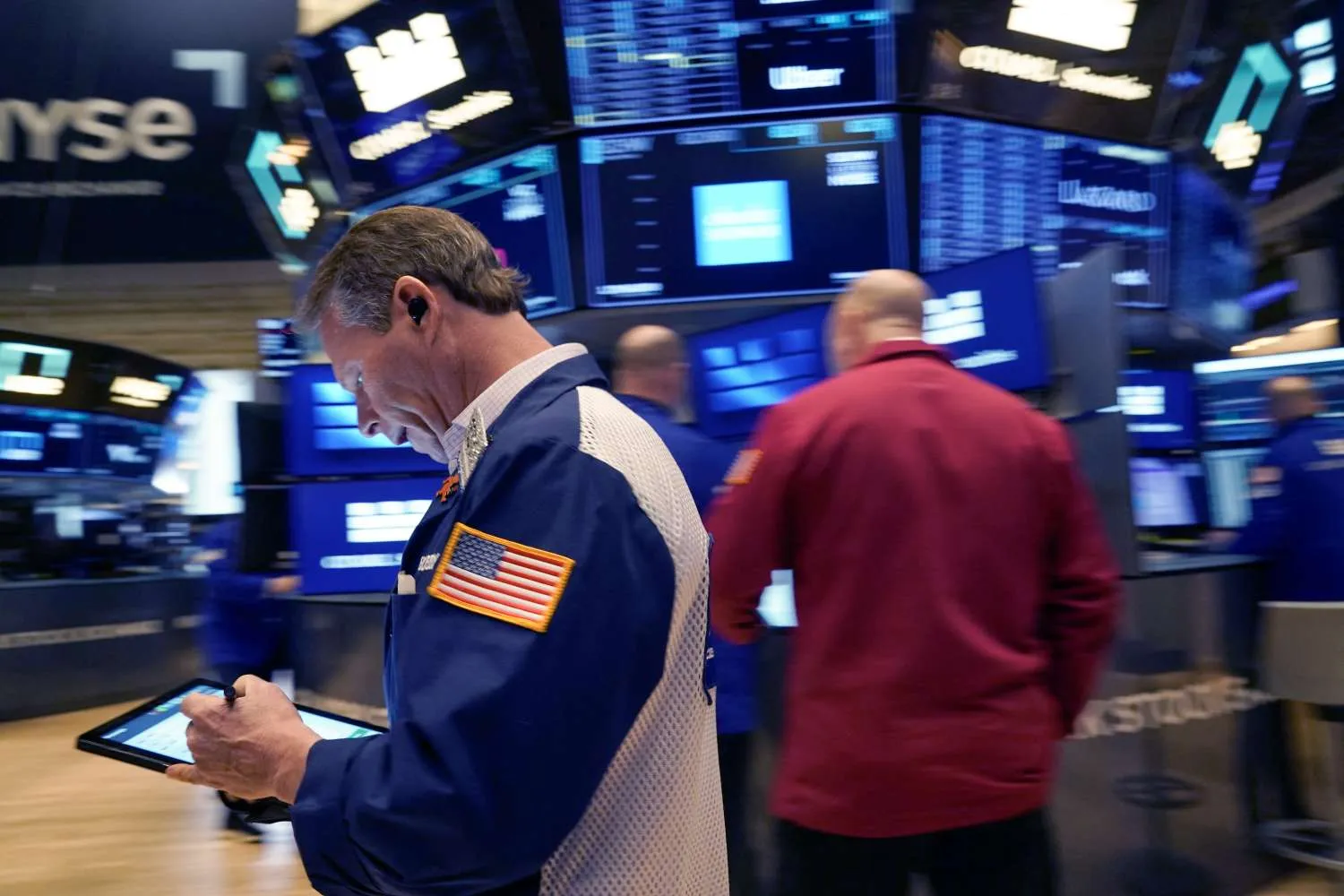The U.S. Stock Market Falls as Hotter than Expected PPI Slows Record Growth
U.S. equities retreated on Thursday after wholesale inflation surged at its fastest pace in three years, cutting short a risk-on rally that recently pushed markets to record highs.
The S&P 500 Index fell 0.3% at 9:43 a.m. in New York, ending a two-day winning streak, while the Nasdaq 100 dipped 0.1%. Meanwhile, the Cboe Volatility Index (VIX) held steady near 15, signaling a modest uptick in market caution.
The latest Bureau of Labor Statistics report showed the Producer Price Index (PPI) jumped 0.9% in July from the prior month, following a flat reading in June. On a year-over-year basis, PPI rose 3.3%, underscoring persistent inflationary pressures within the supply chain.
“The headline spike in PPI grabs attention, but the real story lies in the details,” said Brian Jacobsen of Annex Wealth Management. He pointed out that much of the increase stemmed from margin expansion among wholesalers and retailers, rather than broad-based price hikes. “Tariffs don’t always feed directly into consumer prices; their effects can ripple through the economy in less obvious ways.”
According to Clark Geranen, chief market strategist at CalBay Investments, the stronger-than-expected PPI suggests tariffs are playing a bigger role in fueling inflation. “This adds a lot of complexity for the Federal Reserve as it considers cutting rates later this year,” Geranen noted.
He added that Fed Chair Jerome Powell’s remarks at the Jackson Hole Symposium will be closely watched: “The stock market has been climbing on expectations of a September rate cut, and investors are eager for confirmation of that view.”
Before Thursday’s data, markets had almost fully priced in a quarter-point rate cut in September, with some traders even betting on a 50-basis-point move. But the hotter PPI print prompted a quick recalibration.
“With payrolls showing weakness and pipeline inflation heating up, the stagflationary effects of tariffs are becoming more visible,” said Donald Ellenberger, senior
portfolio manager at Federated Hermes. “And unfortunately for the Fed, tariffs are heading even higher.”
Investors now turn their attention to Friday’s retail sales report, which could offer fresh insight into consumer spending trends and the overall health of the U.S. economy. Bloomberg Economics projects that headline retail sales climbed 1.0% in July, marking the conclusion of an eventful week of economic data.
On the corporate front, Cisco Systems Inc. shares slipped after the company issued a cautious forecast for the current fiscal year. Deere & Co., the world’s leading farm equipment maker, tumbled as it trimmed its full-year profit outlook, citing weaker grain prices and reduced farmer spending.
The surge in wholesale inflation serves as a stark reminder that the road to rate cuts may not be as smooth as markets had hoped. While a September cut remains on the table, investors will be parsing every economic data point and Fed comment for clues on whether policymakers can ease without reigniting inflation risks.

Subscribe to our newsletter!
As a leading independent research provider, TradeAlgo keeps you connected from anywhere.








